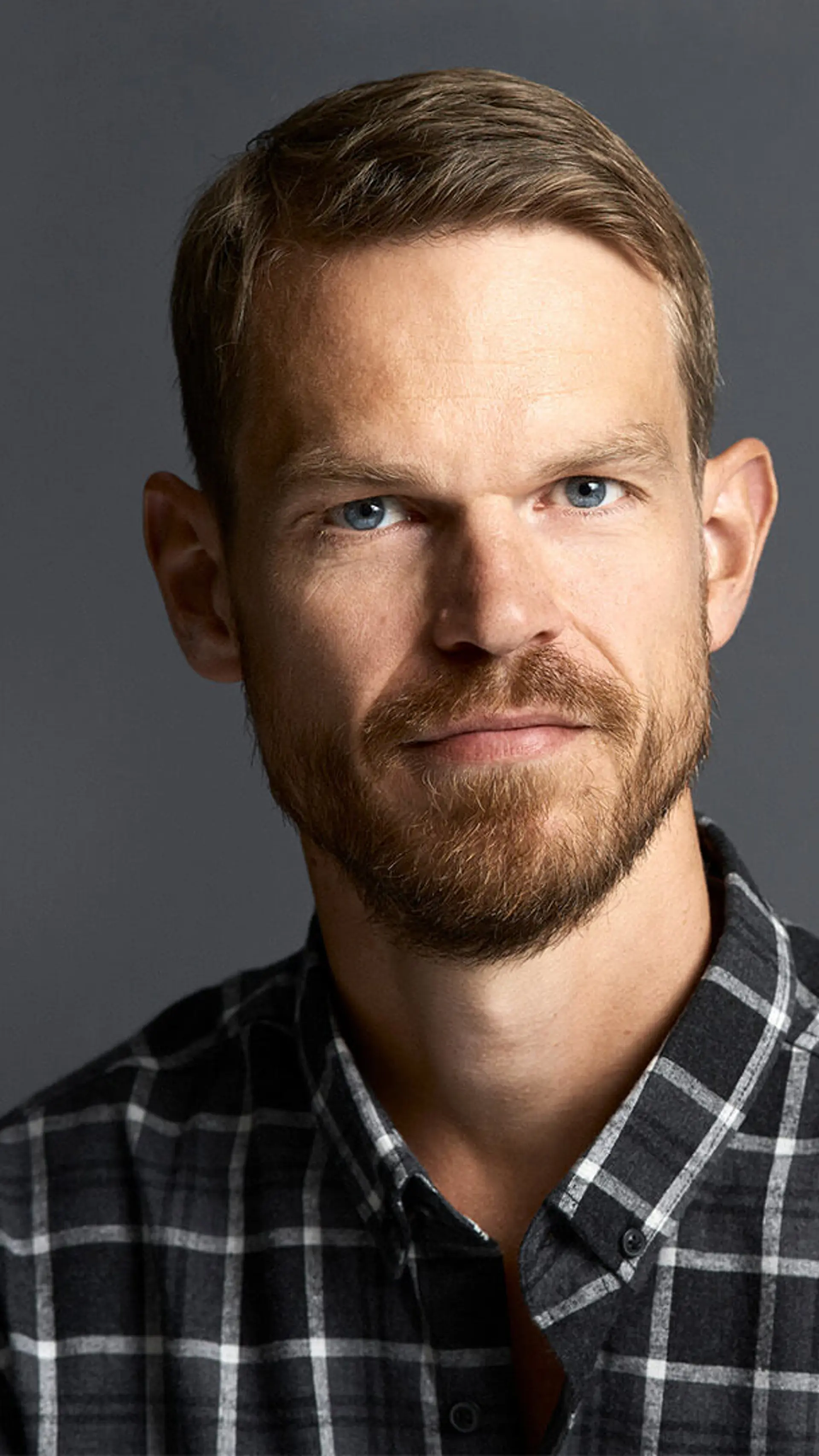
Svend Brinkmann
Svend Brinkmann is a leading psychologist and bestselling author whose thought-provoking keynotes challenge the pressures of modern life and offer profound insight into human nature.

Svend Brinkmann is a leading psychologist and bestselling author whose thought-provoking keynotes challenge the pressures of modern life and offer profound insight into human nature.
Svend Brinkmann is one of the most powerful voices in today’s cultural and psychological debate. He challenges the norms of modern society while providing meaningful insights into how we can both follow and resist prevailing trends. His books, much like his ideas, are highly popular and consistently found on the non-fiction bestseller lists.
Experience Svend Brinkmann in a keynote that is at once reflective, highly relevant, and deeply engaging. With intellectual sharpness and a touch of humor, he offers profound commentary on today’s culture of relentless self-optimization, exploring themes of loss, resistance, and the art of limitation.
Svend Brinkmann is a Professor of Psychology at Aalborg University, specializing in the intersection of psychology, philosophy, and cultural analysis. He has authored numerous acclaimed books and over 150 academic articles. His work has earned him several prestigious awards, including the Danish Broadcasting Corporation’s Rosenkjær Prize and Gyldendal’s Communication Prize.
Since 2009, he has served as Professor of General Psychology and Qualitative Methods at the Faculty of Humanities at Aalborg University. Among his notable works is The Mourning Animal, an in-depth exploration of grief as an essential part of the human condition.
Svend gained national and international recognition with the publication of Stand Firm in 2014, a bold critique of the modern self-help and personal development industry. The book was followed by Standing Points and the bestseller Gå Glip (The Joy of Missing Out), which champions the art of limitation in a boundless culture. Other titles include What Is a Human? and We Are the Life We Live, the latter reflecting on fate through the remarkable life of a 93-year-old woman. His most recent work, Think, advocates for a more thoughtful life, making room for contemplation and reflection.
Svend’s voice also resonates through the airwaves in the popular Danish radio program Brinkmanns Briks on DR’s P1, where he dives deep into the psychological dimensions of human life with expert guests.
Keynote by Svend Brinkmann:
Modern working life is characterized by constant change, demands for optimization, and social acceleration. As a result, there is an increasing demand for people who are flexible, adaptable, and innovative. But not everyone can live up to these expectations, and more and more individuals suffer from work-related stress.
In this keynote, Svend Brinkmann explores how we can structure a work life that better accommodates human diversity, creating a more meaningful experience for more people. There must be room for creative individuals who think outside the box and change the world, but also for those with the skills to maintain the world we live in.
Svend Brinkmann is co-editor of the book series “The Dilemmas of Working Life”, which highlights the everyday challenges and paradoxes that can stand in the way of finding meaning at work. Neither the keynote nor the book aims to define the problems or offer definitive solutions, because such answers don’t exist. Instead, Svend Brinkmann seeks to inspire dialogue about what we want from modern working life, and how we, both individually and collectively, can create greater meaning in it.
Regardless of our perspectives, depending on industry, workplace, role, or position, we all share the responsibility of relating to our work as a life task and an existential condition.
Keynote by Svend Brinkmann:
More than anything, what the modern human lacks is reflection. That is the central premise of Svend Brinkmann’s latest keynote, which offers a powerful defense of a thoughtful way of life in an increasingly thoughtless world.
As human beings, we possess the capacity for deep and critical thinking but rarely are we given the time or space to exercise it. In today’s fast-paced society of constant acceleration, we are expected to produce, consume, and optimize without pause. Meanwhile, we’re continuously bombarded by stimuli from media, advertisements, and social platforms, so when do we actually get the chance to think?
While many turn to Eastern traditions such as meditation and mindfulness to be present and think less, Svend Brinkmann instead draws on the rich tradition of Western philosophy to champion the importance of thinking better as essential to living a good life.
This keynote is based on Svend Brinkmann’s book “Think” (2022).
Keynote by Svend Brinkmann:
“Know thyself!” was inscribed above the Temple of Apollo at Delphi in ancient Greece. In modern times, this phrase has often been interpreted as a call to explore one’s inner self, to understand oneself in order to grow personally, unlock inner potential, or become the best version of oneself. Self-development is frequently seen as a necessity, not only in private life but also in the workplace.
However, the ancient Greeks likely meant something different: that we must first and foremost know ourselves as human beings, as creatures with shared characteristics, living life in relation with others. To know oneself as a human being is a cultural and philosophical project, distinct from individual self-optimization.
But what, in fact, is a human being? Where can modern individuals find the resources to understand what it means to be human? And how can we fully realize our humanity?
These are the essential questions Svend Brinkmann addresses in this thought-provoking keynote, based on his book of the same title. Through the talk, he introduces various conceptions of the human being from the biological and rational to the emotional, social, and spiritual and questions whether today’s society truly allows space for us to be human.
Brinkmann also explores how technological development is putting pressure on the human condition, as we are increasingly expected to optimize ourselves psychologically, medically, neurologically, and digitally.